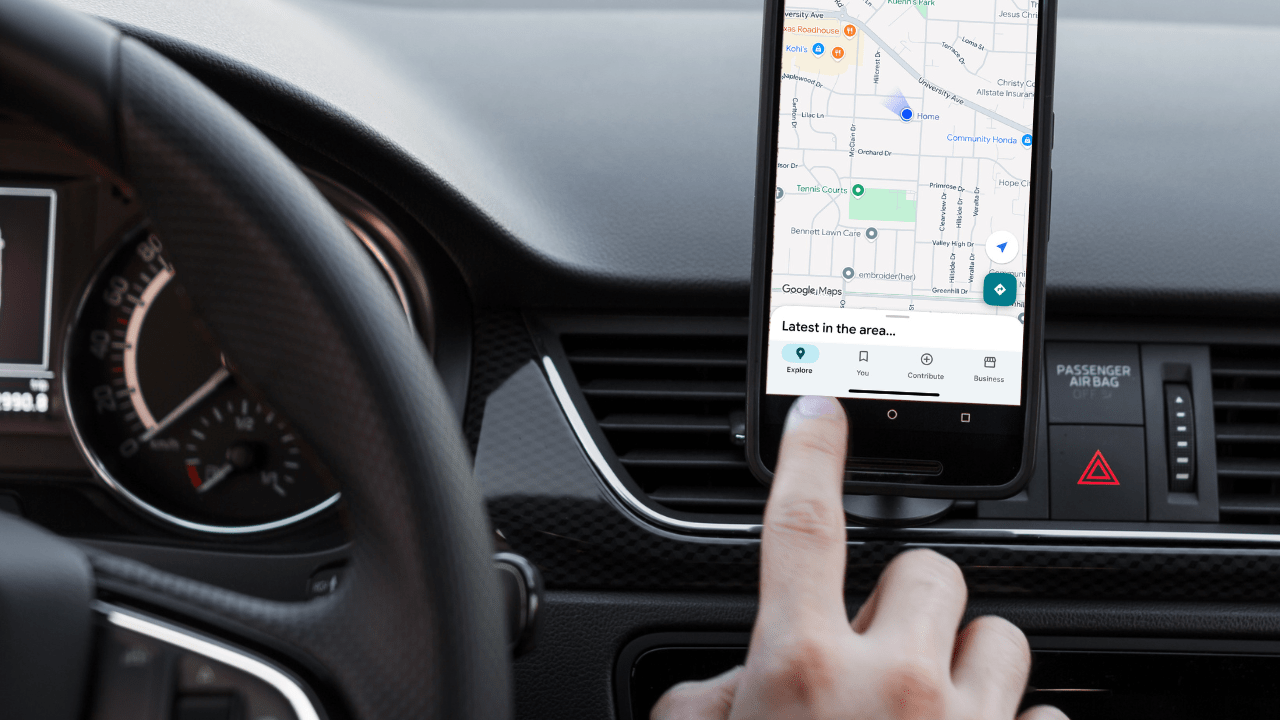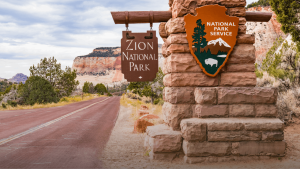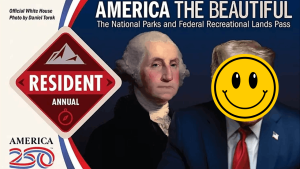Google Maps has begun rolling out a major update powered by Gemini, the company’s new AI assistant.
The upgrade replaces Google Assistant inside Maps, promising drivers a more natural way to talk, plan routes, and get information without touching their screens. For
For travelers, it could potentially make navigation safer and smoother, though that’s still up for debate.
Hands-Free Conversations With Maps
Gemini introduces a conversational system that understands natural speech. Drivers can say things like “Find RV-friendly fuel stops along my route,” “Show me a cheap restaurant that serves breakfast all day,” or “Add a lunch stop to my calendar.” The assistant replies verbally, adjusts the route, and provides follow-up details such as prices, reviews, parking, and accessibility information.
Once the conversation starts, there’s no need to keep saying “Hey Google.” Gemini remembers context, so you can keep asking questions or give new commands in a single ongoing exchange.
Gemini also supports EV charger searches and can modify routes to include charging or fuel stops without forcing a full reroute. These features are designed to make long-distance trips easier for all types of travelers.
Directions That Reference Landmarks
Google is changing how Maps gives turn-by-turn instructions. Instead of distance-based directions, drivers now hear cues tied to real-world landmarks, such as “Turn right after the Walmart” or “Turn left at the traffic light.”
This update relies on Google’s extensive database of more than 250 million mapped locations and Street View imagery. For travelers who often navigate unfamiliar areas or towns with poor signage, hearing directions based on visible landmarks can make driving less stressful.
The landmark navigation feature has already started rolling out in the United States for both Android and iPhone users.
Smarter Traffic Reports and Early Warnings
Gemini also takes over incident reporting. Instead of scrolling through menus, drivers can describe what they see in plain language. Saying “I see an accident” or “There’s construction ahead” automatically creates a report. The system currently supports common types such as accidents, traffic jams, speed traps, and roadworks.
This conversational reporting feature is also being added to Waze, another Google-owned navigation app. The goal is to create a more consistent, crowdsourced reporting system across both platforms.
Maps will now issue earlier alerts for slow traffic, road closures, and potential hazards such as low bridges. These warnings could help RVers avoid routes that would be difficult to reverse or unsafe for taller vehicles.
However, Google has not said whether these alerts include full clearance or weight data, so RV-specific planning tools may still be needed for detailed routing.
Using the Camera to Check What’s Nearby
Once parked, Gemini works with Google Lens to identify nearby places through your phone’s camera. By pointing it at a building or storefront, you can ask questions like “Is this open?” or “What’s popular here?” Gemini will recognize the spot and show reviews, photos, and peak hours.
This tool may be useful for checking campground offices, visitor centers, or local restaurants before pulling in, giving RVers a better idea of what to expect.
How it May Affect RVers
For RV owners and campers, Gemini brings both convenience and a little caution.
On the positive side, hands-free interaction is extremely helpful while driving. Drivers can find fuel, rest areas, and restaurants without looking away from the road. The landmark-based directions may also reduce stress in unfamiliar towns or narrow rural roads where signs are hard to spot.
Early traffic and hazard alerts could save time and prevent tricky situations. For example, a warning about a low bridge or construction zone ahead gives drivers a chance to adjust before getting boxed in. The voice-driven reporting system could also benefit the broader RV community and travelers of all types by helping everyone share real-time road information.
There are still limits, however. Google Maps does not yet include RV-specific data such as height clearances or weight restrictions, so it cannot fully replace dedicated RV navigation apps. Voice recognition can also struggle in loud cabins, and constant internet access is required for the AI to function. Some users dislike the confirmation prompts when other drivers submit reports, and those remain in place. And AI answers are full of errors, hallucinations, and completely made-up information, so it could create problems where there wouldn’t have been any.
The Rollout
The Gemini update is currently expanding to Android and iPhone users in the United States. Android Auto compatibility is in development, though no release date has been announced. Broader international availability is expected later.
What do you think of the new Google Maps update?







Write a comment